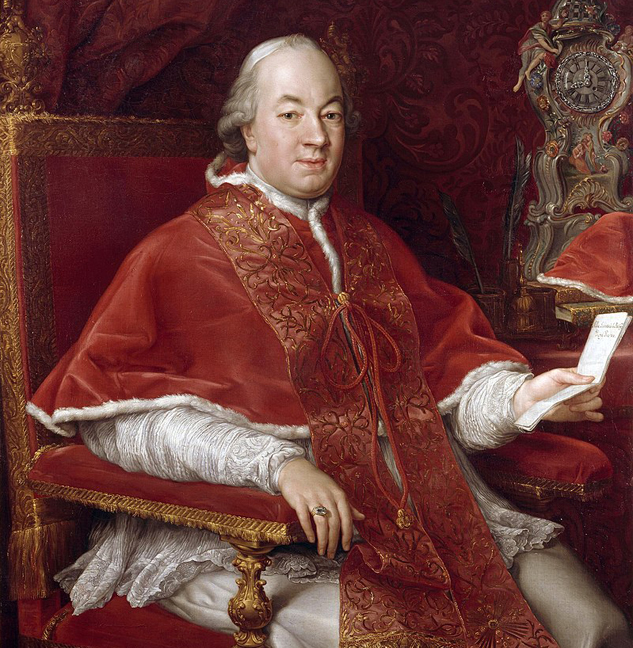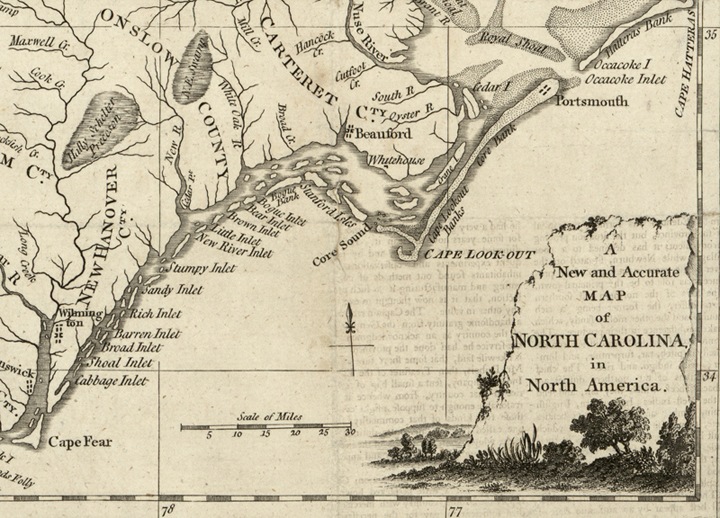
The article “Unleashing the Dogs of War” gave just a few examples of the canine presence that was quite widespread in the armies of the American Revolution. Newspaper advertisements reveal that dogs were common companions of British officers while also making it clear that these pets often found themselves unleashed. The ads tell us much about the breeds, names, and even the types of collars popular during the era.
***
Lost, a blue speckled Bitch, of the Pointer kind, not above six Months old, had on when lost, a brass Collar with Captain Shea’s Name, of the Royal Irish. She has long brown Ears and a large round brown Spott on the middle of her back, the rest of her marked as above. Whoever will bring her to the Serjeant Major of the royal Irish, at their Barracks, shall receive Five Shillings Sterling Reward, and no Questions ask’d.
N. B. As she has been accustomed entirely to Soldiers, it is hoped she has followed some who will secure her and bring her as directed. Boston, Feb. 10th, 1775.[1]
***
Lost, about ten Days ago, an old brown-coloured Bitch, with a white Neck, white Feet, and bad Eyes, particularly her right Eye; answers to the Name of Jean. Whoever brings said Bitch to Hugh Gaine, or the Sergeant Major of the 6th Regiment, shall receive Ten Shillings Reward; or if any Person can give Information so the said Bitch can be got, they shall have the above Reward.[2]
***
Found in the Jersies, a brown and white spaniel bitch, with a brass collar and engraved upon it, Capt. Kenneer Royal Fuzileers. The owner applying to Capt. John M’Neal, on board the ship Jenny, in Beekman’s-slip, or Capt. Robert Shuter, of the Lord Dunmore, said slip, paying the advertisement, shall have her again.[3]
***
Lost, on Sunday the 12th instant, a large white Pointer Dog, his ears spotted with yellow, has a spot about the size of a dollar near the small of his back; his stern long, which he carries high. Whoever brings the said dog, or informs so that he can be had again, shall receive a Guinea from Rowland Swan, Captain 26th regiment.[4]
***
Lost, from the camp of the 38th Regt.
A Black tanned terrier bitch, with cropped ears. Whoever will bring her to Lieut. Col. Butler, or the printer, shall receive Two Dollars reward.[5]
***
Lost, a White Pointer Dog, belonging to Captain Baillie, of the Royal Fusileers; his name is on the collar. Any person that will bring him to the Printer, shall have a Guinea reward.[6]
***
Lost, on Friday afternoon from the Parade of the 37th regiment, a Bitch, with a collar, engraved Lt. Teasdale Cochell, her ears black, nose spotted, head white, her body white, except on each side a large black spot, legs spotted with black, an uncommon short tail, not cut but by nature. Said bitch was seen by a soldier of the 37th and claimed, in possession of a fellow belonging to Col. Morris’s Jersey Volunteers, faced with black; the fellow refused to deliver up said bitch. Whoever will bring said bitch to the owner, shall receive Three Dollars reward.[7]
***
One Guinea Reward
Lost last Wednesday, the 22d inst. at Brooklyn Ferry, a black and white Dog, of the Newfoundland Breed, very large and answers to the name of Watch, he is also a good deal cut above the head. Any person who can give information, where the said Dog can be got, or will bring him to the Printer hereof or Capt Waugh of the 57th Regiment, shall receive the above reward.[8]
***
Lost, by an officer in New-York, on the 24th inst. a well made middle-sized Pointer Dog, about three years old, marked with two round liver coloured spots on the small of his back, one extending from his fore leg down, cut tail, brown and whiteish nose, and wants a claw on one of his fore feet. Whoever brings him to No 510, Hanover Square, or any officer of the 76th regiment, shall have four dollars reward. The dog has other spots of the same colour besides those mentioned.[9]
***
Lost on Monday the 22d instant, two Dwarf English Setters, Dog and Bitch, about 8 months old. The Dog has both ears coloured, and a small spot on his forehead, about the size of a shilling, a remarkable one on the elbow of his left fore leg, and a singular feather of long hair in the form of a saddle along his back, with several spots intermixed, and answers to the name of Mingo.
The Bitch has a sharp Nose, both ears coloured, with a number of large spots on her body, her tail rather long and shagged, answers to the name of Clara.
Each of them had a Collar, engraved, Capt. Robertson, Dy. Qr. Mr. Gen. Whoever will discover where they are detained, or will take them to No. 17, Wall Street, whall be handsomely rewarded, and no questions asked.[10]
***
These wandering hounds are not representative of the many that stayed faithful to their masters. Even when the day of battle came some stood by their officers, as evidenced by a passage in a letter from Major Charles Stewart, commander of a British grenadier battalion, to his father, Lord Bute, describing the battle of Harlem Heights on 16 September 1776:
In this brush we had more than 100 killed and wounded, three men of my Batt. wounded, and, what was more singular, my dog as he was lying by me.[11]
And on at least one occasion, an officer’s dog influenced the outcome of an action, although the dog actually played no direct role. When British forces were investing the area around Charleston, South Carolina in March 1780 a German officer wrote:
A Jäger of the new picket had his dog along. Because this dog had run ahead of the advanced post, his master called for him, whistling the recall of the jägers. Hence Lieutenant Kling, though I had told him to remain at his post until nightfall, withdrew, believing that I had changed my mind. He was barely halfway to the encampment when twenty enemy horse arrived at the very spot where he had lain in ambush. This was unfortunate indeed! Luck is the main thing in war.[12]
Had this dog remained at this master’s heel, the ambush may have been successful, but we would lack a valuable example of the use of whistle signals. Here’s to the dogs of war!










2 Comments
Wonderful post, Don. You focus so well on little details that made up the ordinary lives of men who fought for the King.
Here’s another “Dogs of War” reference for you:
“Agreeable to former Custom & Promise I am to request that you will furnish the Bearer with a Barrell [sic] of Oatmeal for the Fox Hounds.” From a supply requisition written by British Legion commander Banastre Tarleton. In Tarleton’s leisure time, he apparently enjoyed a good foxhunt.